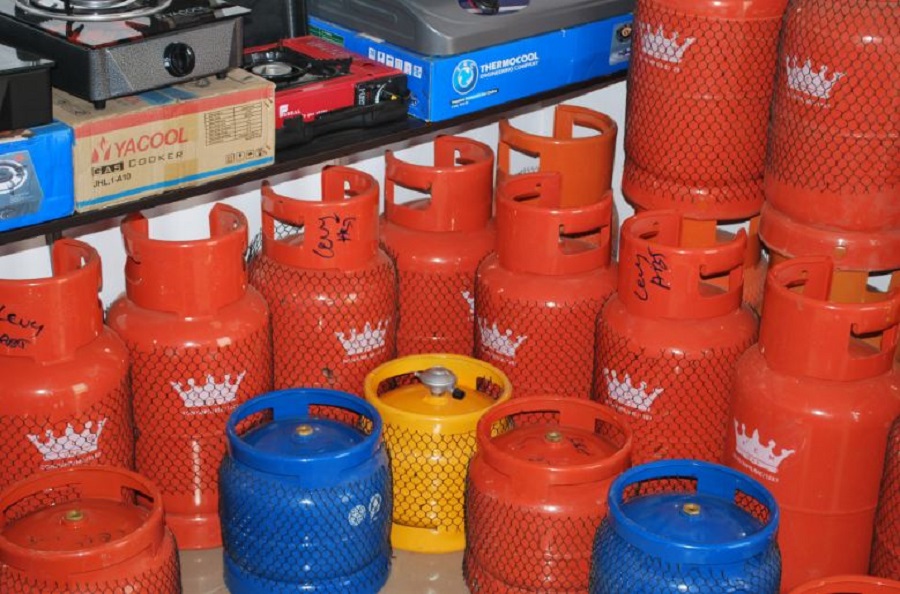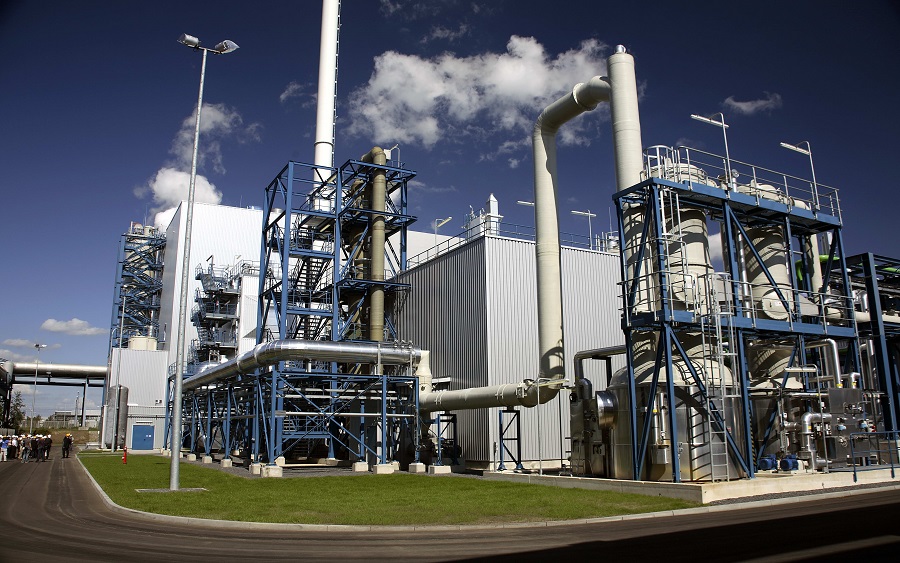100% of poor and vulnerable households (PVHHs) in 7 states are deprived of access to clean cooking fuels.
This is according to the 2022 Nigeria Multidimensional Poverty Index released by the National Bureau of Statistics (NBS) recently.
According to the report, poor and vulnerable households in Abia, Bayelsa, Benue, Borno, Ekiti, Enugu, and Kogi states are 100% deprived of clean cooking fuels. This means that all PVHHs in these states, cook their meals with dung, charcoal, and firewood.
During the September 28 India-Nigeria liquefied petroleum gas (LPG) summit, it was highlighted that Nigeria recorded 1.3 million tons of domestic LPG consumption in 2021. However, in 2022, domestic LPG consumption is contracting due to supply constraints, and many of the households that were using LPG as of 2021, have reverted to using firewood and other dirty fuels for cooking due to affordability issues.
Record of other states: In the NBS report, it was stated that poor and vulnerable households in 8 states are 99% deprived of access to clean cooking fuels. These states are Adamawa, Akwa Ibom, Anambra, Cross River, Delta, Kwara, Niger, and, Osun.
Poor and vulnerable households in 4 states are 98% deprived of access to clean cooking fuels. These states are Ebonyi, Federal Capital Territory (FCT), Imo, and Kano.
Poor and vulnerable households in 7 states are 97% deprived of access to clean cooking fuels. These states are Gombe, Kaduna, Ondo, Oyo, Rivers, Sokoto, and Yobe.
Poor and vulnerable households in 2 states are 96% deprived of access to clean cooking fuels. These states are Bauchi and Edo.
Poor and vulnerable households in 1 state are 95% deprived of access to clean cooking fuels. That state is Jigawa. Meanwhile poor and vulnerable households in Katsina state are 94% deprived of access to clean cooking fuels.
Poor and vulnerable households in 1 state are 93% deprived of access to clean cooking fuels. That state is Plateau. Poor and vulnerable households in 1 state are 92% deprived of access to clean cooking fuels. That state is Taraba.
Poor and vulnerable households in 2 states are 89% deprived of access to clean cooking fuels. These states are Nasarawa and Zamfara. Meanwhile, poor and vulnerable households in Kebbi state are 88% deprived of access to clean cooking fuels.
Poor and vulnerable households in 1 state are 82% deprived of access to clean cooking fuels. That state is Lagos. Meanwhile, poor and vulnerable households in Ogun state are 80% deprived of access to clean cooking fuels.
Pricing: October 2022 data from the NBS shows that as of September 2022, some Nigerians paid as much as N10,000 for a single refill of 12.5kg LPG cooking gas, meanwhile, in September 2021, Nigerians paid an average of N6,164.97 for the same service. The same report also shows that the average retail price for refilling a 5kg cylinder of LPG increased by 0.40% to N4,474.48 in September 2022 from N4,456.56 in August 2022. On a year-on-year basis, the price rose by 86.62% from N2,397.60 in September 2021.
For the record: The report also says that 94% of the Nigerian population does not have access to clean cooking fuels.
- The percentage of the population that has access to clean fuels and technologies for cooking increased from 11% in 2018 to 15% in 2020.
- Also, in terms of electricity access, about 85 million people do not have access to grid electricity; meagerly improving from 56.5% in 2018 to 55.4% in 2020.
- Over half of the population who are multidimensionally poor cook with dung, wood, or charcoal, rather than clean energy.
- Multi-dimensional poverty is higher in rural areas, where 72% of people are poor, compared to 42% of people in urban areas.
- Approximately 70% of Nigeria’s population lives in rural areas. The poorest states are Sokoto, Bayelsa, Jigawa, Kebbi, Gombe and Yobe.
















